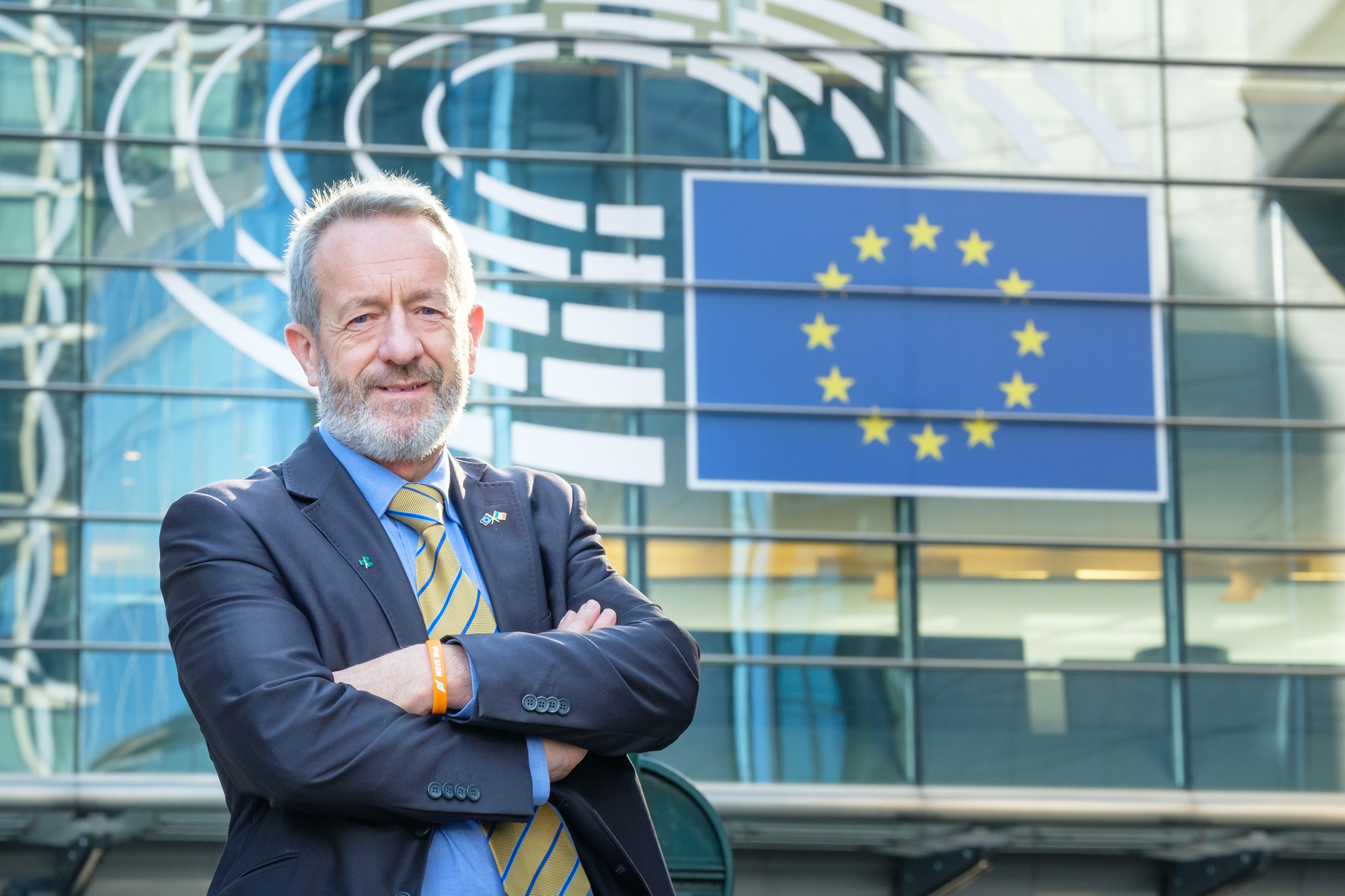Ireland’s largest bulk port, Shannon Foynes, and Europe’s largest port, the Port of Rotterdam, have inked a historic Memorandum of Understanding (MOU) aimed at developing a supply-chain corridor for exporting green hydrogen fuel from the west of Ireland’s abundant wind resource, Seán Kelly MEP has said. The agreement signifies a significant leap towards achieving Europe’s ambitious green hydrogen strategy for 2030.
With wind resources off the west coast of Ireland exceeding 80GW of green electricity, MEP Kelly expressed his support for the collaboration: “The south-west of Ireland, with its almost limitless wind resource, will be pivotal in Ireland’s National Hydrogen Strategy. This collaboration between Rotterdam and Shannon Foynes is a very important initiative that aligns with our commitment to a low-carbon and competitive economy.”
“Developing a green hydrogen supply chain could be a crucial turning point in Ireland’s journey towards a sustainable and competitive economy. Combining wind energy with green hydrogen production has the potential to transform our nation, and this agreement underscores the role the south-west region can play.”
“This is recognition of the South West’s enormous potential for green hydrogen production we have, when can then be exported into Europe”, Kelly added.
The Ireland South MEP concluded by expressing satisfaction with the progress: “Having championed the need for an Irish Hydrogen Strategy for many years, I am pleased to see a significant step forward. Shannon Foynes Port company deserve credit for their forward thinking business model, proving that they should be the first name on the team sheet when the National Industrial Strategy for Offshore Wind is published later this year.”
This collaboration not only aligns with Ireland’s national objectives but also contributes to Europe’s broader vision for a sustainable future. As the ports work jointly towards a greener tomorrow, the partnership signals hope for a transformative shift in energy production and consumption.

